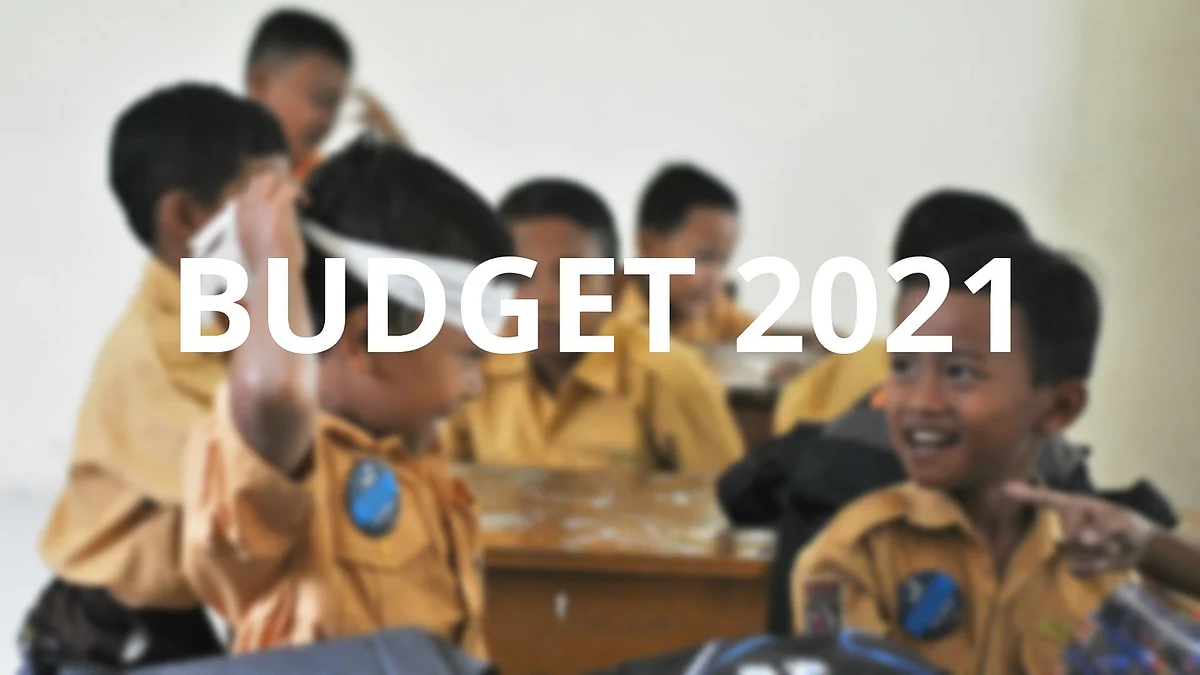Amid concerns over the severe impact of COVID-19 on India’s GDP growth over the past year, Finance Minister Nirmala Sitharaman will present her third Union Budget on 1 February 2021.
Ahead of the Budget, market experts, economists, and financial experts have their eyes set on the day it is tabled in the Lok Sabha. This year, industry experts have high expectations from the Budget for the agriculture sector.
Amit Saraogi, managing director, Anmol Feeds Pvt. Ltd., said farmers are the backbone of our country, and providing them with a sense of security should be our responsibility.
"Animal husbandry farmers, especially poultry and aqua farmers, do not enjoy the same benefits as crop farmers do. The livestock sector currently contributes 25.6 per cent to the agricultural GDP and 4.11 per cent to the national GDP. It is essential to provide credit and insurance to the animal husbandry farmers as well so that the sector can reach its full potential. NBFCs and other financial entities should start providing credit loans to animal husbandry farmers too. This will also encourage the farmers to invest more, which will contribute to the growth of the country," he added.

“A minimum contract growing charge should also be fixed for the poultry sector so that farmers are not affected by the fluctuating market. This will also help in achieving our Hon’ble Prime Minister’s vision of doubling farmers' income by 2022.”
Saraogi further said that the sector also seeks negligible import duty on capital goods and plant equipment required to manufacture floating fish feed and shrimp feed as most of these are not available in India.
Meanwhile, Ram Kewalramani, co-founder and managing director of CredAble, said that while agriculture is the largest sector for employment, it is a low yielding business that contributes 16% to the GDP, but that agriculture has a political implication of 4x compared to its output. This is evident given that the Centre rolled back the much needed farm laws due to the current farmer protests.
On what is required from the Budget, Kewalramani said India should adopt the Chinese policy where all subsidies go straight to the farmer as direct money transfer. India’s subsidies from water, electricity, weeds, fertilizers, etc. amount to approximately Rs 2,50,000 crore—last year, due to a loan waiver, it added another Rs 1,22,000 crore. In addition to this, there are indirect subsidies through MSP, etc.
“Let farm products discover their own price on the markets by having more well-regulated markets and mandis. Once all subsidies have been given directly to the farmers, all input material should be at market cost, which will result in more efficient use of resources,” Kewalramani said.
“India must invest in irrigation and technology. Also, the GOI should support and incentivise farmers to grow more high yielding products such as fruits and vegetables, which will increase their income. Given climate change, we have to accept the inevitability of drought. We have to provide genuine farm insurance such that 70 per cent of India’s farm is covered. To do this, India will need approximately Rs 18,000–20,000 crore. Half of this can be acquired by saving the transport cost of moving excess grain from Punjab and Haryana.”
While talking about the likely focus on renewable energy in the Budget, and how it would change the country's water industry, George Rajkumar, country president, Grundfos India, said: “As we venture into the new fiscal year, we anticipate a further adoption of solar power onto the Indian agricultural landscape through initiatives like the PM KUSUM Scheme. Last year’s budget allocation of Rs 22,000 crore for the power and renewable energy sector was a major push for the country’s journey towards leveraging sustainable sources of energy. We hope the government strengthens its Budget allocations towards these initiatives that we believe will enhance and transform the agriculture industry.
"A key aspect that the government also needs to focus on in tandem is upgrading the dynamics of the irrigation infrastructure, incentives to the farmers to save energy and water through smart and efficient pumps and motors. Furthermore, on the infrastructure development front, we believe that there needs to be a holistic approach to municipal water and wastewater management. With recurring floods in Tamil Nadu, Maharashtra, and Assam, it is important to develop robust flood management systems in the country.”







